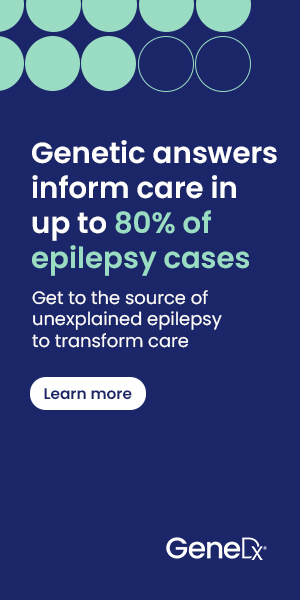Jamie Koprivnikar, MD, Hematologist Oncologist at Hackensack University Medical Center, discusses her clinical experience with iptacopan for the treatment of paroxysmal nocturnal hemoglobinuria (PNH).
PNH is an acquired disorder that leads to the premature death of blood cells due to disruption within the complement system. It can occur at any age, but is usually diagnosed in young adulthood. People with PNH have recurring episodes of symptoms due to hemolysis, which may be triggered by stresses on the body such as infections or physical exertion. This results in a deficiency of various types of blood cells and can cause signs and symptoms such as fatigue, weakness, abnormally pale skin, shortness of breath, and an increased heart rate. People with PNH may also be prone to infections and thrombosis or hemorrhage, and are at increased risk of developing leukemia.
Diagnosis of PNH is typical of most rare diseases, with patients seeing an average of 5 physicians before diagnosis. Current standard-of-care management of the disease is the use of complement inhibitors. Dr. Koprivnikar describes treatment choice as a very patient-led and highly individualized decision in the PNH space.
Iptacopan is an oral, Factor B inhibitor of the alternative complement pathway indicated for the treatment of adults with PNH. It is a newer agent in the treatment of PNH, gaining its U.S. Food and Drug Administration (FDA) approval in 2023. It is the first oral monotherapy for treatment of PNH, giving patients greater freedom in their care. Iptacopan has been observed to inhibit complement more proximally, allowing for robust recovery of hemoglobin and low rates of breakthrough hemolysis.
To learn more about PNH and other rare hematology conditions, visit https://checkrare.com/diseases/hematologic-disorders/

